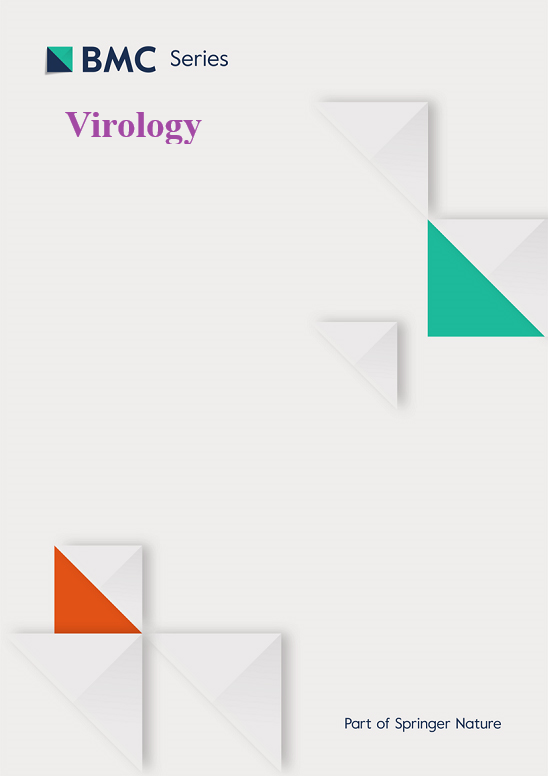干扰素-γ受体信号对于疫苗接种后平衡免疫激活和预防流感至关重要
IF 2.4
3区 医学
Q3 VIROLOGY
引用次数: 0
摘要
为了更好地了解干扰素-γ (IFN-γ)受体信号在疫苗诱导免疫中的作用,我们采用了A129 (IFN-α/β受体缺陷)和AG129 (IFN-α/β/γ受体缺陷)小鼠模型。接种流感病毒H5血凝素(HA)病毒样颗粒(VLPs)后,AG129小鼠诱导出相当水平的病毒特异性IgG。与接种A129的小鼠相比,接种HA VLPs的AG129小鼠表现出th1免疫应答受损,血凝抑制(HAI)滴度降低,对病毒感染的易感性增加,流感病毒(H5N1)攻击后的存活率降低。与A129小鼠相比,AG129小鼠还表现出生发中心和浆细胞反应缺陷,促炎细胞因子和趋化因子升高,肺部炎症失调,接种HA VLP和病毒攻击后单核细胞、自然杀伤细胞和抗原提呈细胞的募集受损。总的来说,这些发现强调了IFN-γ信号在协调流感HA VLP疫苗有效和平衡的免疫反应以及赋予对病毒感染的保护方面的关键作用。本文章由计算机程序翻译,如有差异,请以英文原文为准。
Interferon-γ receptor signaling is critical for balanced immune activation and protection against influenza after vaccination
To better understand the contribution of interferon-γ (IFN-γ) receptor signaling to vaccine-induced immunity, we employed A129 (IFN-α/β receptor-deficient) and AG129 (IFN-α/β/γ receptor-deficient) mouse models. AG129 mice induced comparable levels of virus-specific IgG after vaccination with influenza virus H5 hemagglutinin (HA) virus-like particles (VLPs). Vaccinated AG129 mice with HA VLPs exhibited impaired Th1-immune responses, lower hemagglutination inhibition (HAI) titers, increased susceptibility to virus infection, and lower survival rates following influenza virus (H5N1) challenge than vaccinated A129 mice. The AG129 mice also displayed defective germinal center and plasma cell responses, dysregulated lung inflammation with elevated pro-inflammatory cytokines and chemokines, impaired recruitment of monocytes, natural killer cells, and antigen-presenting cells after HA VLP vaccination and virus challenge, compared to A129 mice. Collectively, these findings underscore the critical role of IFN-γ signaling in coordinating effective and balanced immune responses to influenza HA VLP vaccination and conferring protection against virus infection.
求助全文
通过发布文献求助,成功后即可免费获取论文全文。
去求助
来源期刊

Virology
医学-病毒学
CiteScore
6.00
自引率
0.00%
发文量
157
审稿时长
50 days
期刊介绍:
Launched in 1955, Virology is a broad and inclusive journal that welcomes submissions on all aspects of virology including plant, animal, microbial and human viruses. The journal publishes basic research as well as pre-clinical and clinical studies of vaccines, anti-viral drugs and their development, anti-viral therapies, and computational studies of virus infections. Any submission that is of broad interest to the community of virologists/vaccinologists and reporting scientifically accurate and valuable research will be considered for publication, including negative findings and multidisciplinary work.Virology is open to reviews, research manuscripts, short communication, registered reports as well as follow-up manuscripts.
 求助内容:
求助内容: 应助结果提醒方式:
应助结果提醒方式:


